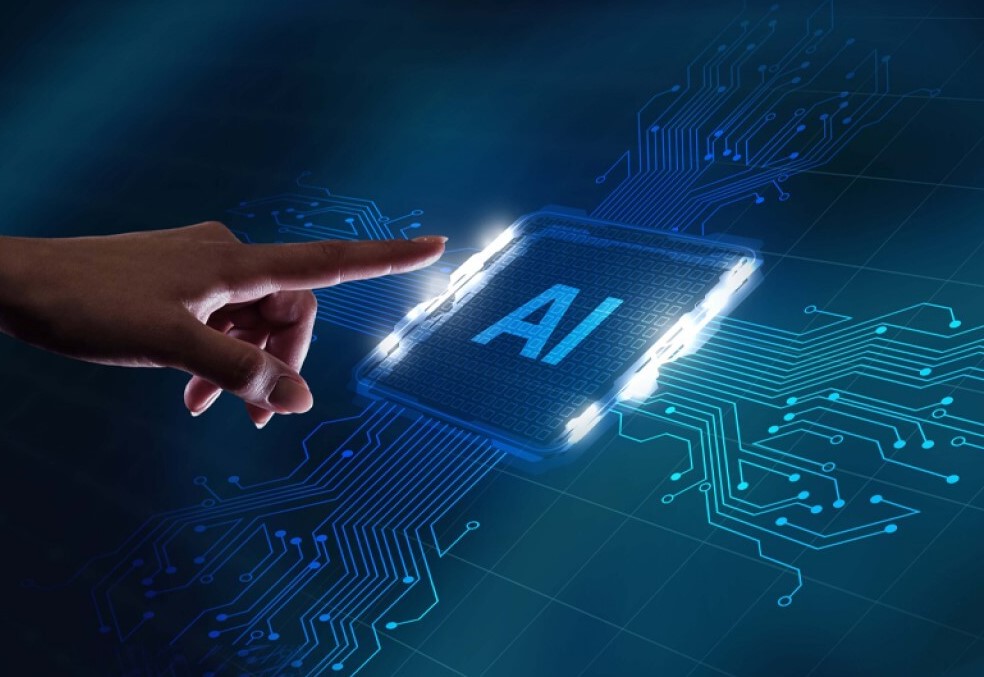How Secure AI Can Shape The Future Of Manufacturing
21 July 2021
The publication of this article has been kindly granted by STAR-EU, an ICT-38 Project Cluster partner.
The advent of next-generation smart connectivity systems has enabled the collection of rich datasets, as part of the manufacturing process, which has emerged as a key enabler for a wide gamut of safety-critical applications ranging from improving predictive maintenance to enhancing cyber-security to enabling remote machine calibration and human-robot collaboration. A key enabler in this direction is the emergence of Artificial Intelligence technologies that can make manufacturing safer and more efficient.
Despite the clear advantages that such unprecedented quantity of data brings forth, it is also subject to inherent data trustworthiness challenges due to factors such as malevolent input and faulty sensors. With constricted demand for manufactured goods and more reliance on remote solutions, preempting machine failure and reinforcing security has never been more important. One of the main hurdles to actively gauging factory assets’ health is on the validation of the received data correctness; especially considering the vast amount of available machine data towards predicting potential failures. Industrial control systems also remain vulnerable to cyber attacks.

